PHP has different functions which can be used to test the value of a variable. Three useful functions for this are isset(), empty(), and is_null(). All these function return a boolean value. If these functions are not used in correct way they can cause unexpected results.
isset() and empty() are often viewed as functions that are opposite, however this is not always true. In this post I will explain the differences between these functions.
isset()
From PHP manual – isset():
isset — Determine if a variable is set and is not NULL
In other words, it returns true only when the variable is not null.
empty()
From PHP Manual – empty():
empty — Determine whether a variable is empty
In other words, it will return true if the variable is an empty string, false, array(), NULL, “0?, 0, and an unset variable.
is_null()
From PHP Manual – is_null():
is_null — Finds whether a variable is NULL
In other words, it returns true only when the variable is null. is_null() is opposite of isset(), except for one difference that isset() can be applied to unknown variables, but is_null() only to declared variables.
The table in picture is an easy reference for what these functions will return for different values. The blank spaces means the function returns bool (false).

Also I have made a custom function for checking all stuff:
function checkEmpty($var, $term = ""){
if(isset($var) && trim($var) != "" && (!empty($var) || trim($var) == 0)){
return true;
}
else{
if($term != ""){
return array("status" => "error", "desc" => "$term can not be empty");
}
else{
return array("status" => "error", "desc" => "value can not be empty");
}
}
}
